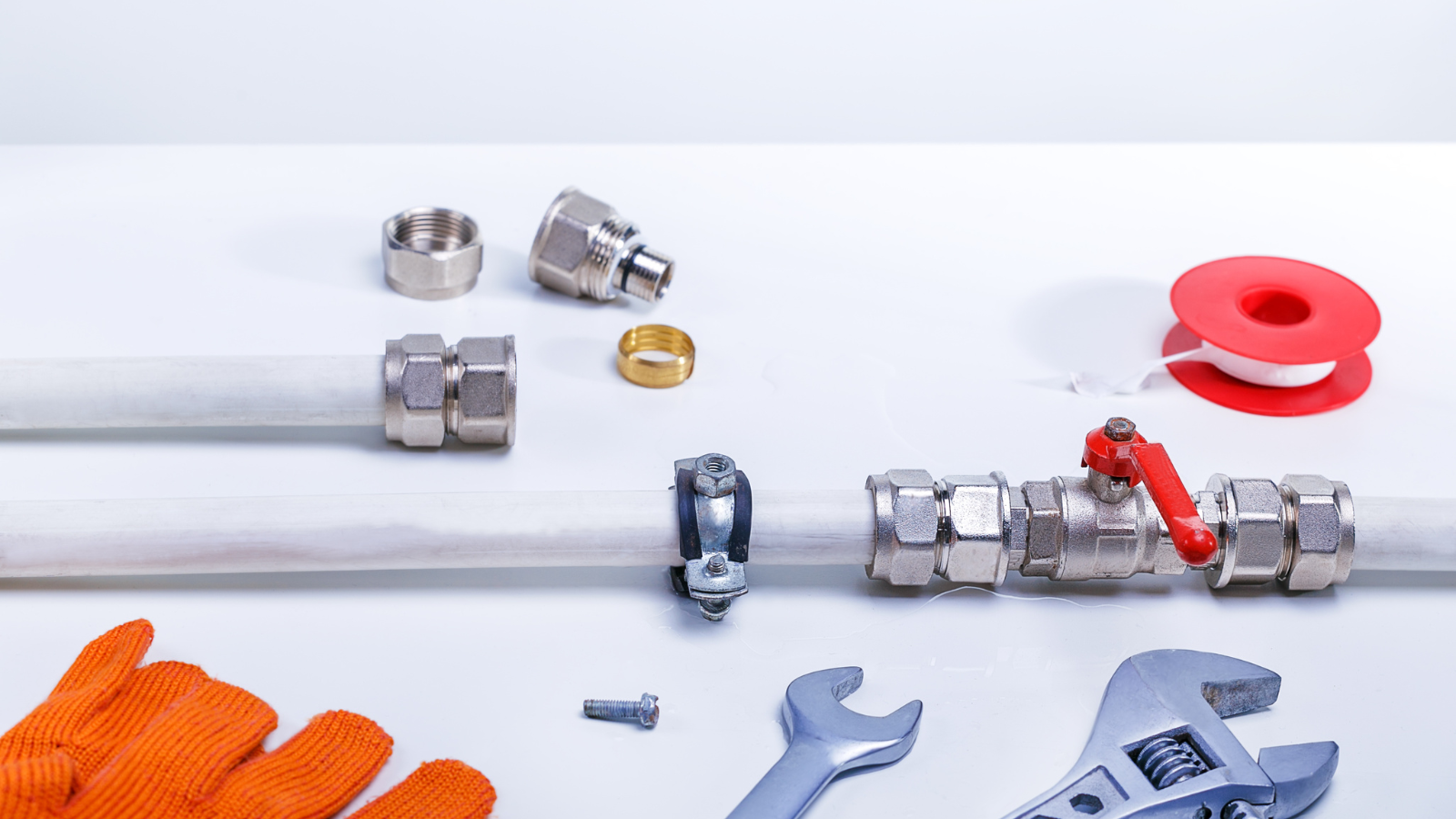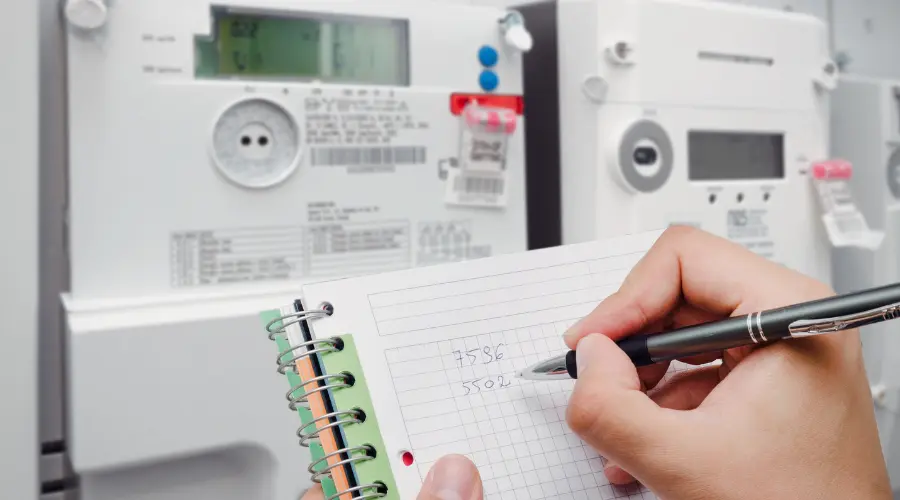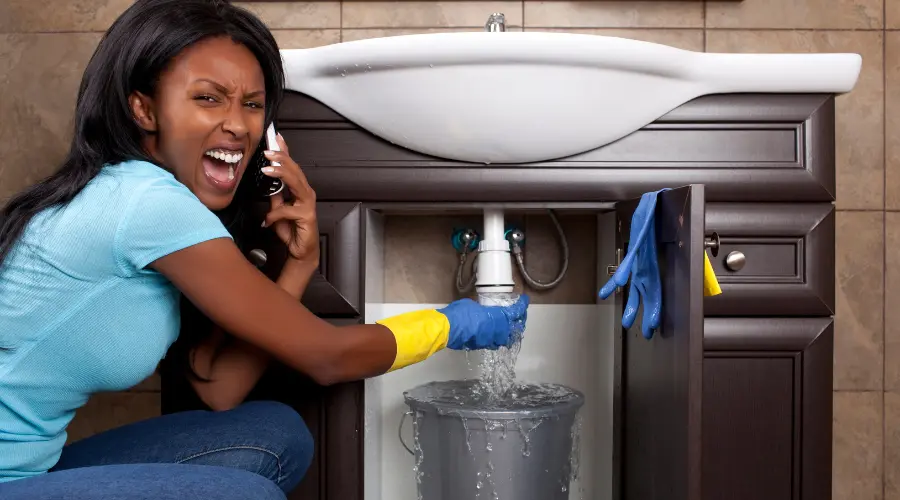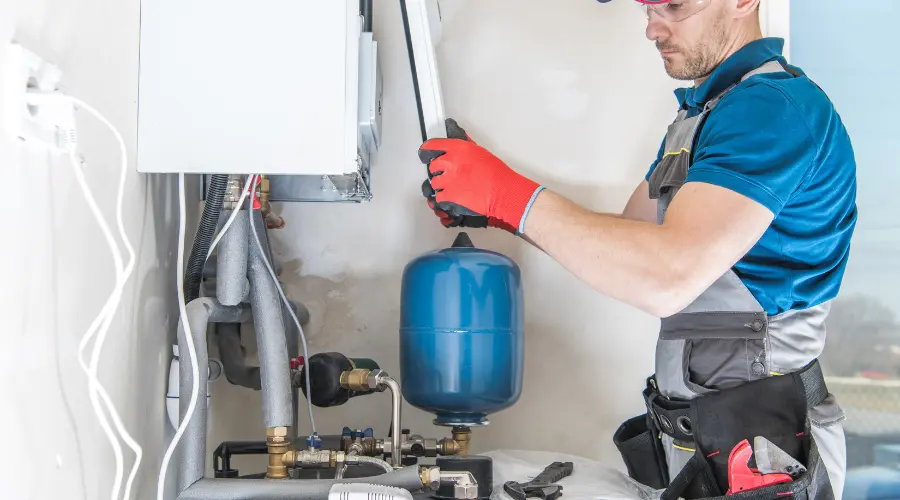Key Takeaway
- Regular seasonal plumbing maintenance is crucial for avoiding common problems like frozen pipes in winter and clogged drains in summer. To keep your plumbing system running smoothly throughout the year, follow this detailed 10-point checklist.
What is the Most Common Seasonal Plumbing Problem?
Frozen pipes are the most frequent seasonal plumbing issue, especially during winter. When temperatures drop significantly, pipes that aren’t properly insulated are at risk of freezing. This can lead to blockages, leaks, or even bursts, which can cause extensive water damage to your home and result in costly repairs.
Got a Plumbing Problem?
West New York Plumber is here for all your plumbing needs in Hudson County, NJ, and nearby areas. From leaky faucets to major repairs, no job is too tough for our expert team of skilled plumbers.
Call us now for fast, reliable service!
10-Point Seasonal Plumbing Maintenance Checklist
1. Insulate Pipes: Before winter arrives, insulate all exposed pipes, with special attention to those in unheated areas like garages, attics, and basements. Proper insulation is key to preventing pipes from freezing and bursting during extreme cold spells.
2. Check for Leaks: After winter, thoroughly inspect your pipes and faucets for any signs of leaks. Cold temperatures can cause small cracks to form, which may worsen if not repaired promptly.
3. Test the Water Heater: Ensure your water heater is in good working order by checking its temperature settings and flushing out any sediment buildup. This is particularly important before winter, when the demand for hot water increases.
4. Clean Gutters and Downspouts: In the fall, remove leaves and debris from gutters and downspouts to prevent water backup. Clogged gutters can lead to damage from overflowing rain or melting snow, which can affect your home’s foundation.
5. Inspect Outdoor Faucets: Before the first frost, disconnect and drain outdoor hoses. This helps prevent any water left in the faucets from freezing and causing damage.
6. Check the Sump Pump: Regularly test your sump pump, especially before heavy rainfall or stormy seasons. Ensuring it’s functioning properly will help it handle increased water flow and prevent basement flooding.
7. Service Your Sewer Line: Spring is a common time for sewer line clogs due to tree roots and debris. Schedule a professional inspection and cleaning to avoid blockages and potential sewer backups.
8. Inspect Washing Machine Hoses: Examine washing machine hoses for signs of cracks or leaks, particularly during seasonal transitions when temperature fluctuations can affect rubber components.
9. Run Water in Unused Drains: To prevent debris buildup and unpleasant odors, periodically run water through seldom-used sinks or showers. This is especially important after long periods of disuse, such as winter or dry spells.
10. Schedule a Professional Inspection: Have a professional plumber inspect your entire plumbing system regularly. Early detection of hidden issues can prevent expensive repairs and ensure your system operates smoothly.
Don’t let plumbing issues disrupt your home! Expert solutions tailored for New Jersey residents
FAQ
What should I do if my pipes freeze in winter?
Immediately shut off the water supply and contact a plumber. You can gently thaw the pipes using a hairdryer or space heater, but avoid using open flames to prevent further damage.
How often should I inspect my water heater?
Inspect your water heater at least once a year. Check for proper temperature settings, leaks, and sediment buildup, which can affect its efficiency and lifespan.
Can tree roots damage my sewer lines?
Yes, tree roots can cause significant blockages in sewer lines, especially during spring. A professional sewer line inspection can help identify and prevent severe damage.
Conclusion
Investing time and effort into seasonal plumbing maintenance can save you from costly repairs and extend the lifespan of your plumbing system. By following this 10-point checklist and addressing potential issues like frozen pipes and clogged drains, you can keep your plumbing system in top shape year-round. Regular upkeep not only protects your home but also provides peace of mind, knowing you’re well-prepared for any weather-related challenges.
Be proactive and stay ahead of potential plumbing problems this season!




